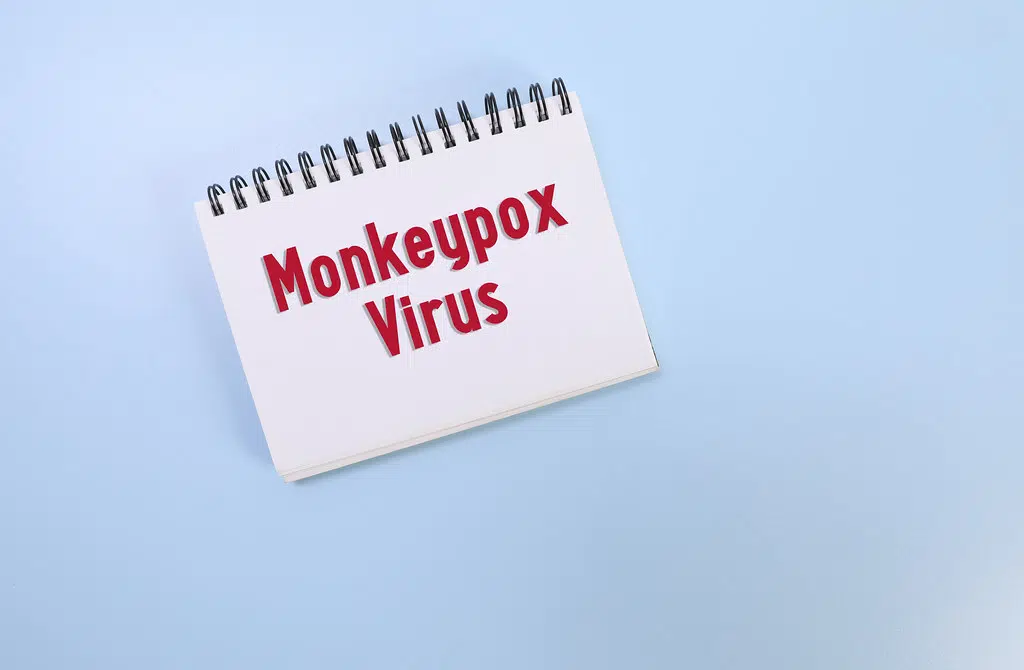There are now 26 confirmed cases of Monkeypox in Canada.
Public Health confirmed 25 in Quebec and one in Ontario.
Deputy Chief Public Health Officer Dr. Howard Njoo says Quebec will begin vaccinating for the virus and discussions are underway for other provinces and territories as needed, “We need to ensure that the vaccine can arrive in a short course should the need or demand occur in a specific province or territory based on cases and contacts who are at high risk.”
Common signs and symptoms of Monkeypox include fever, headache, muscle aches, exhaustion swollen lymph nodes and development of a new rash. The incubation period is normally six to 13 days, but can be as long as 21 days
“We do know that there are different modes of transmission. Spread usually occurs through close contact with an infected individuals bodily fluids, respiratory droplets or sores or through direct contact. Individuals can lower their risk of getting infected and spreading the virus by maintaining physical distance from people outside their home, as well as wearing masks, covering coughs and sneezes, and practicing frequent hand washing continues to be important, particularly when in public spaces,” Dr. Njoo adds.
The Public Health Officer made comparisons with the current COVID-19 pandemic, “It’s not as easily transmissible as COVID-19, where it is spread through the air and aerosols. In this case, it really seems to be at the present time focused more on individuals who have close contact with each other especially with those who obviously have Monkeypox,” Dr. Njoo says.
Public Health reports the situation in Canada is under close and constant monitoring and may be adapted as and when the need arises.
It adds, while the risk of infection is currently low for the general population, Monkeypox virus can affect anyone who is in close contact with an infected person or their contaminated objects.




